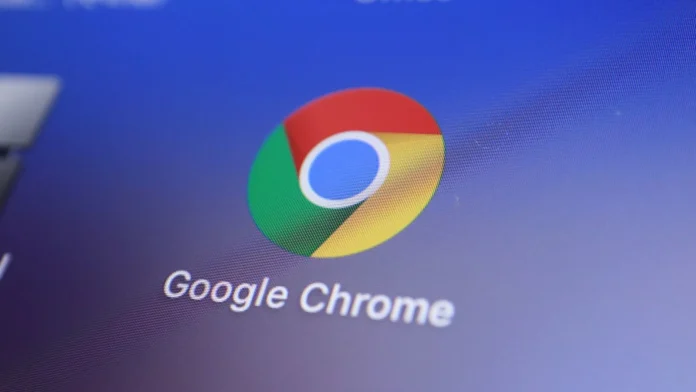In a courtroom revelation that’s raising eyebrows across Silicon Valley, an OpenAI executive testified that the artificial intelligence giant would consider buying Google’s Chrome browser if it were ever for sale. The statement was made during a high-stakes antitrust trial involving allegations of monopolistic practices in the digital advertising and browser markets.
The executive, whose identity remains confidential due to the sensitivity of the testimony, stated that OpenAI sees enormous strategic value in Chrome due to its dominant market position and its critical role in data collection — a key asset for training AI models.
A Strategic Move in the AI Arms Race
OpenAI’s interest in Chrome reveals the company’s broader ambitions to expand beyond artificial intelligence models and into infrastructure that powers internet interaction. With over 65% of the global browser market share, Chrome serves as a massive conduit for user data and online activity, both of which are vital for refining AI systems.
“If Chrome were available, we’d certainly be interested — it’s not just a browser, it’s a data-rich platform,” the executive reportedly stated.
Legal and Market Implications
This bold claim surfaced during a trial scrutinizing Google’s dominance in multiple sectors. The suggestion that Chrome could be sold or considered for acquisition by another tech powerhouse like OpenAI adds an unexpected layer to the ongoing antitrust discourse.
While it’s highly unlikely that Google would divest its flagship browser, the testimony hints at growing interest among competitors to control foundational tech platforms. Experts believe OpenAI’s statement could be both a hypothetical and a strategic message to regulators and rivals.
Industry Reactions
The tech community has been buzzing with speculation. Some experts view this testimony as a reflection of the increasingly blurred lines between AI companies and traditional internet infrastructure firms. Others argue that OpenAI’s hypothetical move could ignite fresh antitrust concerns about vertical integration in the tech ecosystem.
Elon Musk, an outspoken critic of Google and co-founder of OpenAI (who later distanced himself from the company), tweeted a cryptic response after the news broke: “Browsers are the new front lines.”
What This Means Going Forward
Although OpenAI buying Chrome remains a distant possibility, the testimony signals the company’s expansive vision. With AI models growing more reliant on real-time and large-scale data, control over internet access points like web browsers could be pivotal.
As regulators, developers, and users navigate this evolving landscape, one thing is clear — the next battle in tech might be fought not just over data, but over the tools we use to access it.



